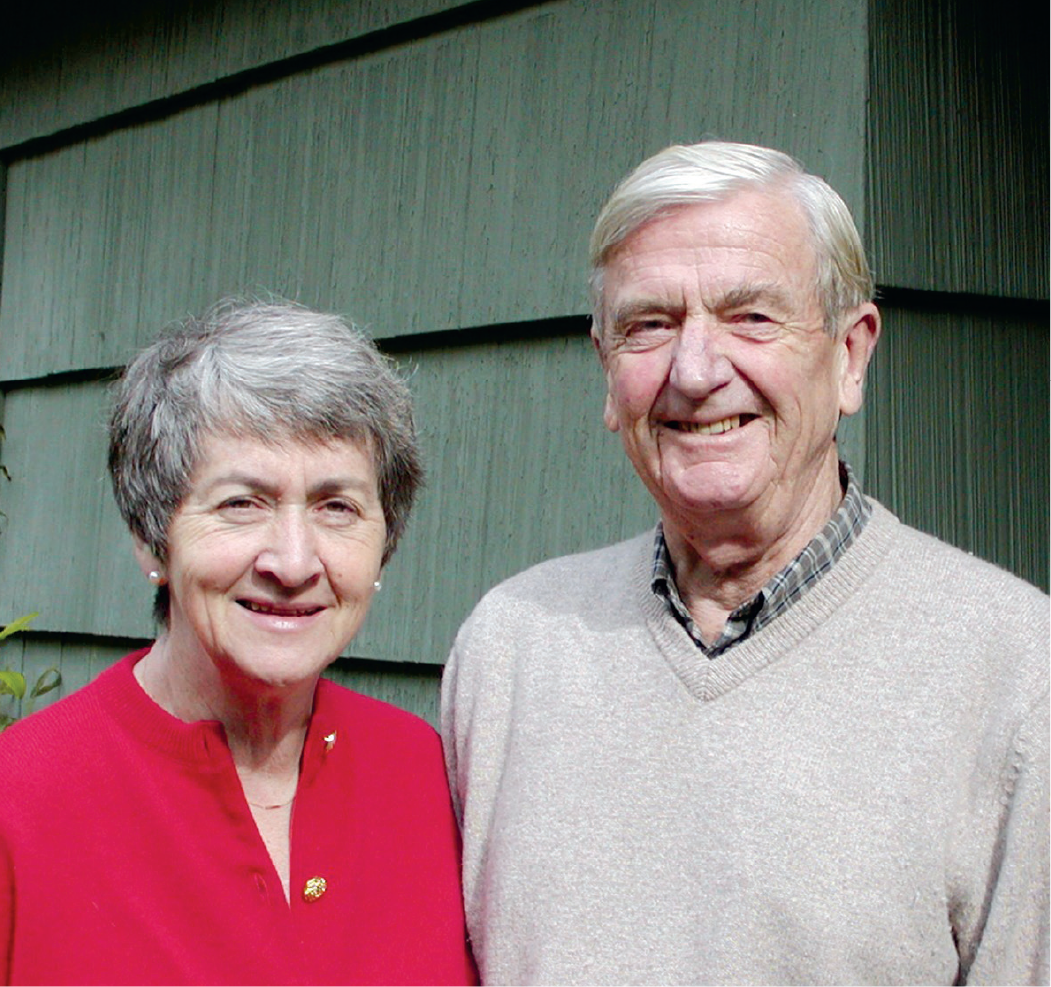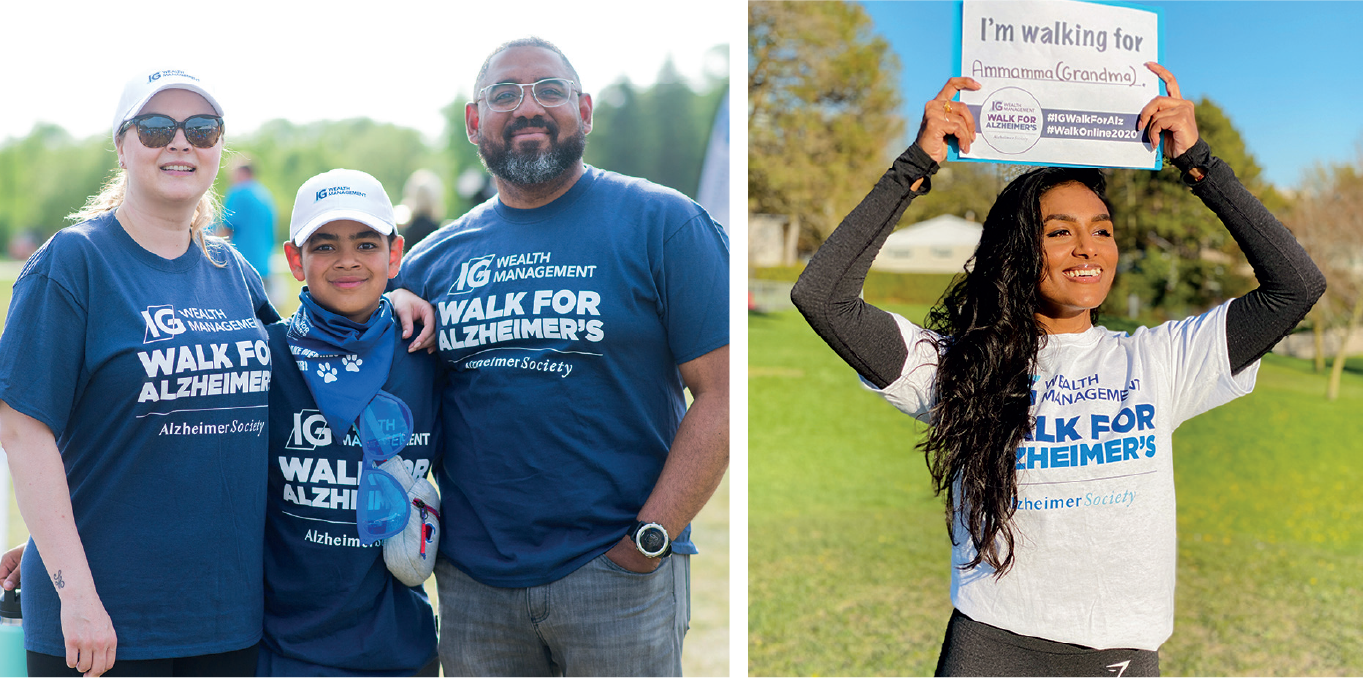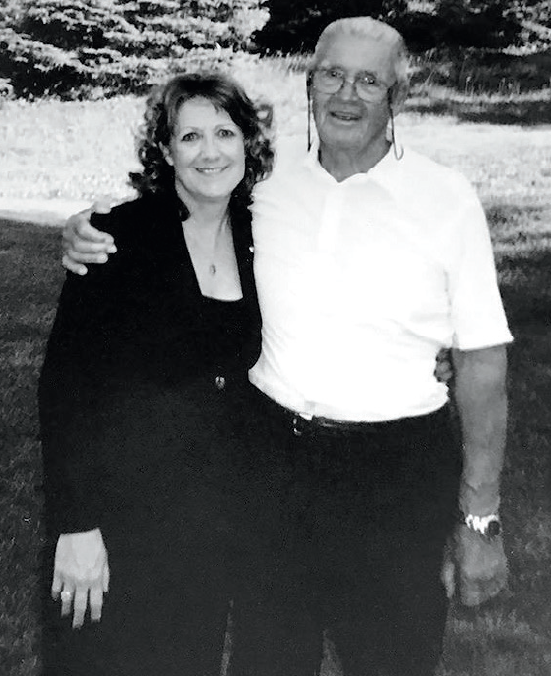Remember me - Summer 2021

In this issue:
Thank you from our new CEO
It’s only been a few months since I joined the Alzheimer Society of Canada, but what I have quickly discovered is that we have the most dedicated donors and subscribers to our e-newsletter! Thank you for your constant support and interest, especially in these challenging times.
As you read your summer newsletter, I hope you’ll enjoy the articles about vital frontline programs like First Link® and breakthrough research projects, such as a new study that is exploring deep brain stimulation. I’m excited by how far we’ve come, but with the number of Canadians living with dementia expected to double in the next decade, we still have a long way to go. I hope we can count on your continued interest and support.

Ronan Ryan
Chief Executive Officer
Focus on First Link®
The right supports at the right time
After a dementia diagnosis, people often feel confused and scared. They don’t know where to get help or even that help is available. First Link® closes that gap and provides a lifeline to individuals living with dementia and their caregivers.

First Link Care Navigator
in Muskoka, Ontario
As a First Link® Care Navigator, Pamela Leeder works on the frontlines of dementia care. Her role is to determine her clients’ needs, create a plan of care, and connect them to the right supports. This could include assisting with navigating the health care system, sharing practical information about living with the disease, and providing referrals to counselling, support groups and other services.
“Those who connect with First Link® in the early stages of the disease often have better coping skills and are better prepared for the future,” says Pam. “Just knowing they have someone to call who will take the time to listen and answer their questions makes a significant difference.”
For more on First Link® visit alzheimer.ca/First-Link
Geri’s story: Devoted caregiver and advocate

Geri’s husband Peter was one of the youngest Canadians to command a landing craft on D-Day. Even after retiring from the navy, Peter loved to spend time on the water. But it was on the water that Geri first realized something was wrong.
One day while in the middle of the ocean, Peter couldn’t find a stationary piece of equipment that he’d used for years. As Geri was the Executive Director of B.C.’s Office for Seniors, she knew his confusion could be a warning sign of dementia. She also knew where to start: the Alzheimer Society. Peter joined a support group for people affected by dementia and Geri found support with other caregivers.
Ten years after the first sign, a fall resulted in the need for Peter to move into a care home. The transition proved to be difficult, but Geri recognizes how much harder it would be now because of the pandemic. “I don’t know what we would have done — not being able to see each other,” Geri says. Since Peter’s death in 2008, Geri has become a fierce advocate for people living with dementia and their caregivers — speaking out about the importance of compassionate and appropriate care.
Geri and Peter connected to the Alzheimer Society of B.C. For support services in your area, visit alzheimer.ca/find
MEET OUR RESEARCHERS

Dr. Kaori Takehara-Nishiuchi at the University of Toronto is using electric pulses to induce the coupling of brain waves in the hippocampus and the neocortex. A disruption in that interaction could be a cause of memory impairment. Dr. Takehara-Nishiuchi hopes her research leads to the use of deep brain stimulation as a treatment to help stabilize or even improve memory in people with Alzheimer’s disease.

At Simon Fraser University, Mirza Faisal Beg’s research is focused on generating tools that make precise measurements of the brain. Gaining a better understanding of brain structure and function will help doctors better diagnose, treat and manage dementia.
For more on the research you make possible, visit alzheimer.ca/Research
IG Wealth Management Walk for Alzheimer’s
It’s not too late to join the IG Wealth Management Walk for Alzheimer’s! Walks are taking place virtually and safely in communities across Canada the last weekend of May. Join the nationwide movement and raise funds your way. Whether you walk, cycle, run or dance — your efforts will make a real difference for people with dementia and their caregivers.
Join the Walk by registering at walkforalzheimers.ca

Online education and support
You can access a wide variety of Alzheimer Society educational programs, individual and group support programs, referral services and more online. For example, this May and June, the Alzheimer Society of Manitoba is offering bi-weekly virtual Minds in Motion® sessions and the Newfoundland chapter is offering an online First Link® learning series.
For online resources and events in your area, visit your regional Alzheimer Society website.
MONTHLY DONOR CORNER: Why I give

monthly gift to the Alzheimer Society.
My wife's father, Claude, was diagnosed with a rare form of dementia. As his condition progressed, his joyful, silly and upbeat personality never stopped shining through. He still managed to make us laugh and cry in a single moment. Since his passing at the age of 69 in 2018, Claude left an immense hole in our hearts. To pay tribute to his memory, we decided to become monthly donors. We hope our donations contribute in some small way to educating, supporting, and funding research on Alzheimer's disease and other forms of dementia.
Dan B.
If you’re not already a monthly donor, please join now and start a monthly gift.
Did you know? Women are at higher risk.

Women are more likely than men to develop Alzheimer’s disease and it’s not just because women tend to live longer. Stress, reproductive history, and a decline in estrogen brought about by menopause may all play a role in the onset of Alzheimer’s disease.
While gender is a risk factor that we cannot change, other factors can be changed. One of the best ways for anyone to reduce their risk is to make healthy lifestyle choices that take care of both the body and brain.
To learn more about reducing your risk, visit alzheimer.ca/Prevention
Messages from our donors
“Hopefully one day research will prove that there is a cure, that no son or daughter will ever experience their parents not remembering them....”
“My father had Alzheimer's and the disease made me much more aware of the need for research and a cure to be found.”
“Watching my father slowly deteriorate was sad and it was also very painful to see how difficult this was for my mother, who was his primary caregiver.”
Give a gift of hope for the future

with her father, Warren Y. Soper
You can help change lives for generations to come by including the Alzheimer Society in your Will. It’s a meaningful way to support the fight against dementia and ensure no one has to face this disease alone. It’s an impactful way to make sure researchers keep searching until a cure is found.
For Jane Soper Kennedy, who manages her father’s charitable trust, supporting the Alzheimer Society is both meaningful and personal. “When my aunt Anne was diagnosed with Alzheimer’s, it touched our family directly,” she says. “I am honoured and privileged to continue our family legacy of giving back.”
For more information on planned giving, contact Dana Lecours at 1-800-616-8816 ext. 2951,by e-mail at dlecours@alzheimer.ca, or visit alzheimer.ca/GiftInYourWill

